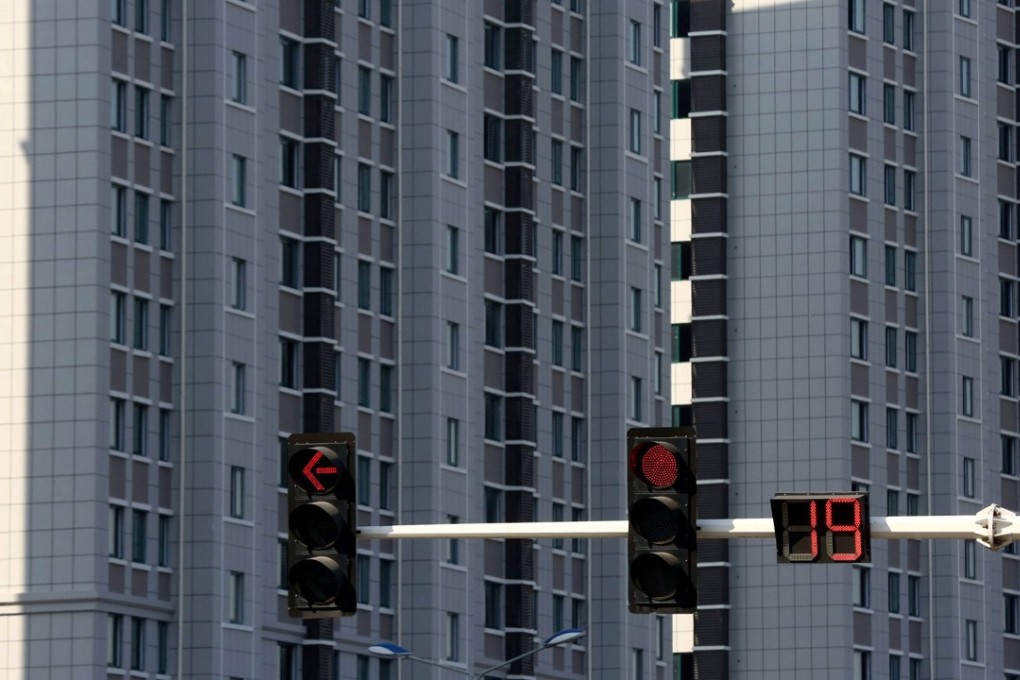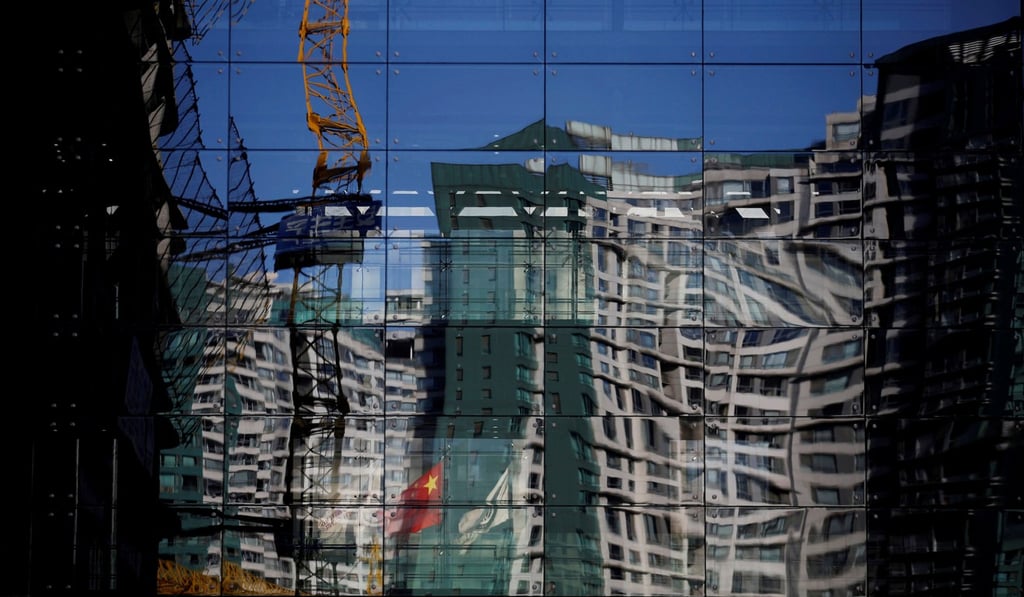Abacus | China property: if they tell you it’s a bear market, it’s bull
- Far from falling prices, the real problem for China’s leaders is how to stop the market overheating
- Who writes these headlines anyway?

In a city, and a country, where the bizarre often feels commonplace, and the commonplace bizarre, the South China Morning Post runs some eye-catching headlines.
Just in the last week we have had police officers loosing off live rounds in an MTR station during rush hour, writers and cartoonists – surely the most gentle of professions – barred from expressing themselves during Free Expression Week, and senior government officials flatly denying there is any thing amiss with Hong Kong’s human rights, insisting any concerns are “unwarranted, unfounded and unsubstantiated”.
A quick look at the latest data soon sets things straight. Far from being in a bear market, Chinese property prices are in fact rising rapidly – and that’s a problem.
The generally accepted definition of a bear market, borrowed from the stock market, is one is which prices are down by 20 per cent or more from their most recent peak. In this sense, mainland Chinese equities are definitely in a bear market, having slumped 27 per cent from the two-and-half-year high they touched in January. But mainland Chinese housing prices are definitely not. So far this year, nationwide average selling prices have climbed by 15 per cent to a record high.
However, that bald statistic fails to capture the true magnitude of the run-up in home prices. Since early 2015, prices in China’s so-called “tier two” cities, which include Chongqing, Qingdao, Xiamen and the like, have risen by 34 per cent.

That’s even faster than prices have risen in Hong Kong, which is often said to be experiencing a property bubble of unprecedented proportions.
Meanwhile, over the same period average prices in tier one mainland cities – Beijing, Shanghai, Guangzhou, Shenzhen and Tianjin – have climbed by an eye-watering 54 per cent.
